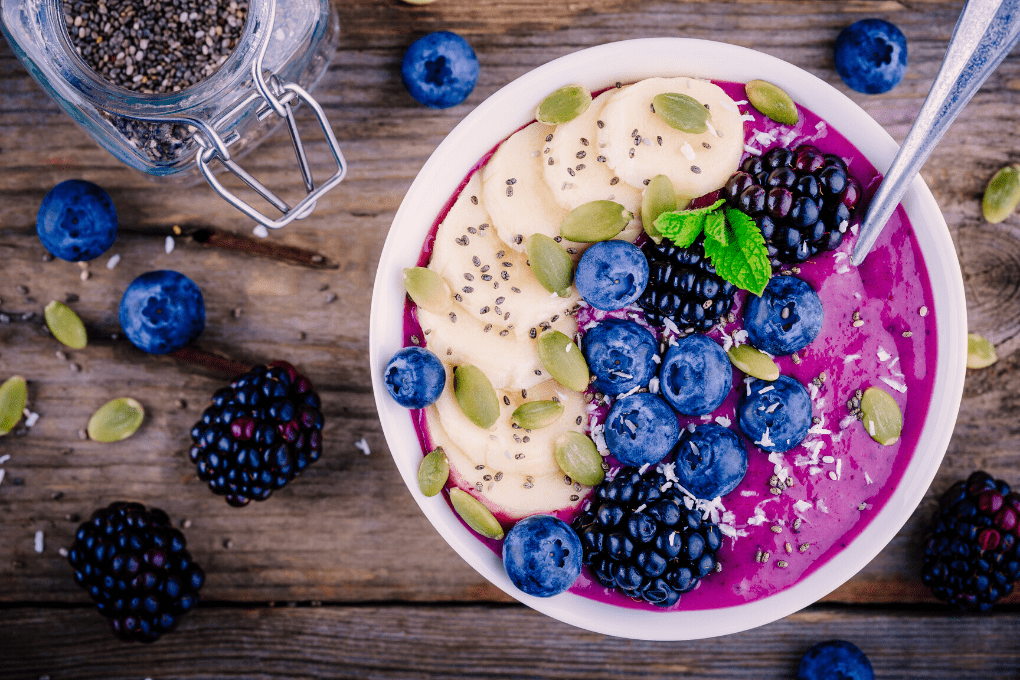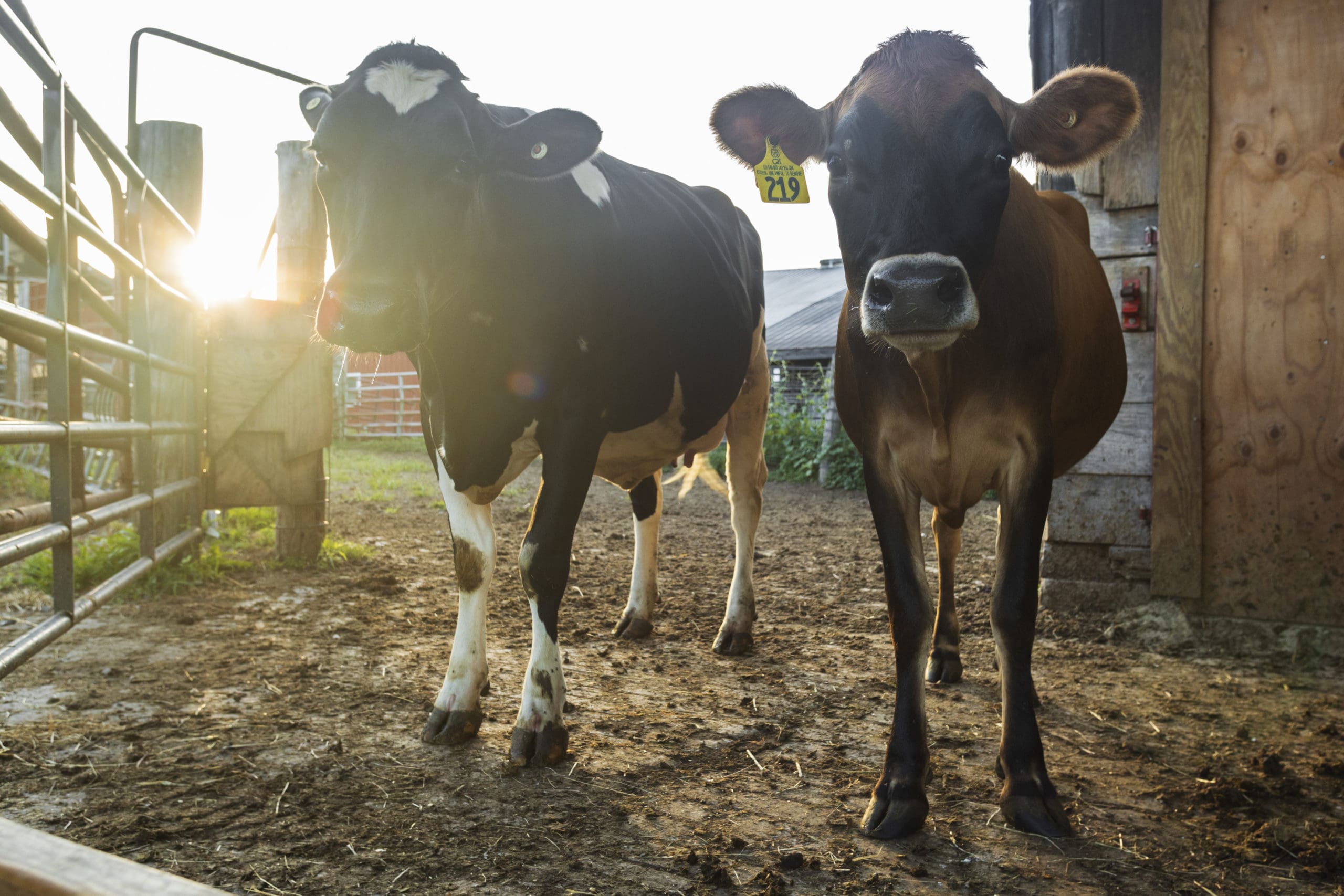
What is a Plant-Based Diet?
People are increasingly interested in learning more about plant-based or plant-forward eating for the benefit of improving health and reducing their environmental footprint. However, research shows that some people are confused about what a plant-based really looks like. Some think it means an elimination of animal foods, while other use the term to refer to a diet which includes all five food groups, while also being rich in whole foods that are minimally processed.
We know that Americans are not eating enough fruit and vegetables, but in addition to falling short on produce, American’s are also falling short on dairy recommendations. Each of these food groups provides vital, often under consumed nutrients that are difficult to find in other food groups. For example, produce is rich in vitamin C, a nutrient absent in other food groups, while milk is the leading food source of calcium, vitamin D and potassium, nutrients of concern in the diets of American children and adults.
The good news is that current eating patterns can be moved towards healthier, plant-based eating patterns simply by shifting food choices, versus eliminating whole food groups. These shifts can improve body weight and reduce the risk of developing Type 2 Diabetes and heart disease. To see what an inclusive plant-based diet looks like, select one of the three eating plans outlined by Dietary Guidelines for Americans, which even includes a vegetarian and Mediterranean eating plan. In addition, DASH (Dietary Approaches to Stop Hypertension), a top ranked diet, provides a plant-based diet, while also including the valuable health benefits of three servings of dairy a day as is recommended in MyPlate.

Environmental Impact
An additional benefit to an inclusive approach to plant-based eating is the benefit to the environment. Our food system is complicated and plants and dairy foods are highly connected. A recent study looked at what would happen if we removed animal agriculture from our food system in the US. The study found that without animal agriculture, there would only be a 2.6% reduction in greenhouse gas emissions. Reasons for the small impact are that we would need to produce and eat more plant foods to meet nutrient requirements and would need to produce more man-made fertilizers versus using natural manure.

Bottom Line
When shifting your diet to include more plant-based foods, consider the importance of balancing your plate and making wise beverage choices to optimize your healthy lifestyle. Plants and dairy not only make a powerful contribution by providing a wide array of essential nutrients, but also provide the pleasure of a diet that is inclusive of each of the foods groups and focuses not on what to eliminate, but rather on what to include.



